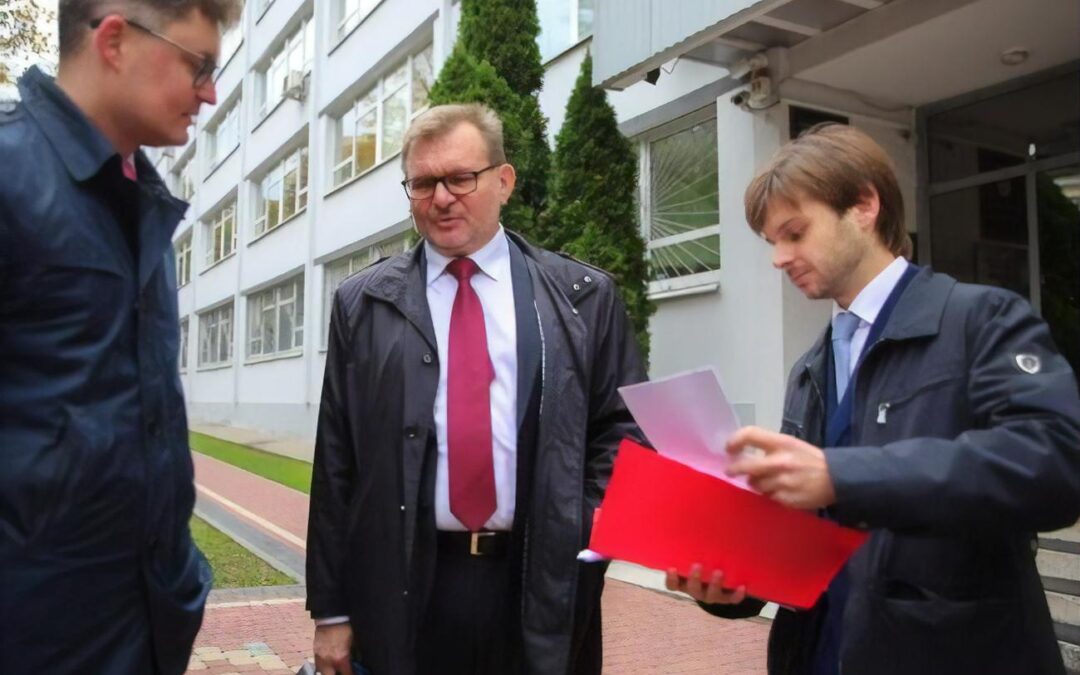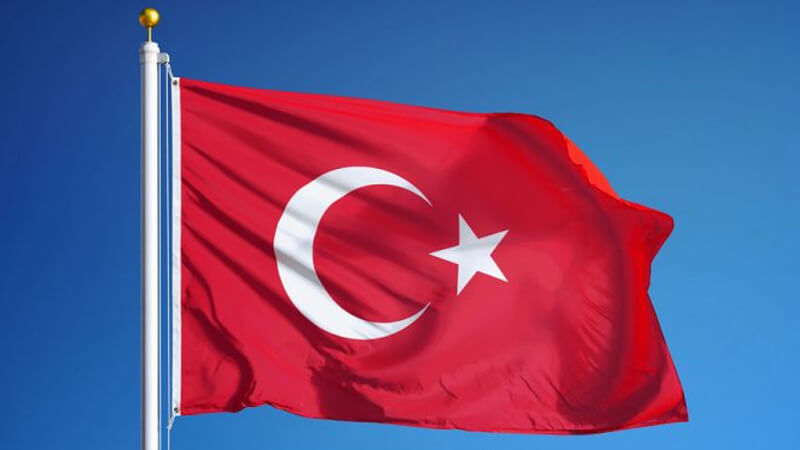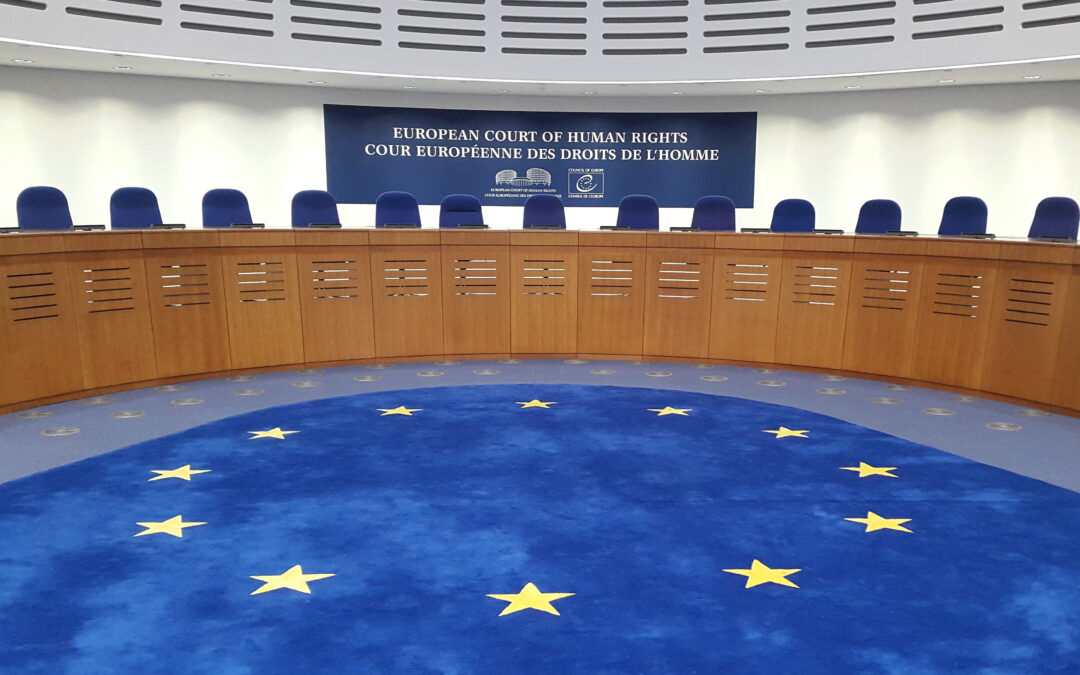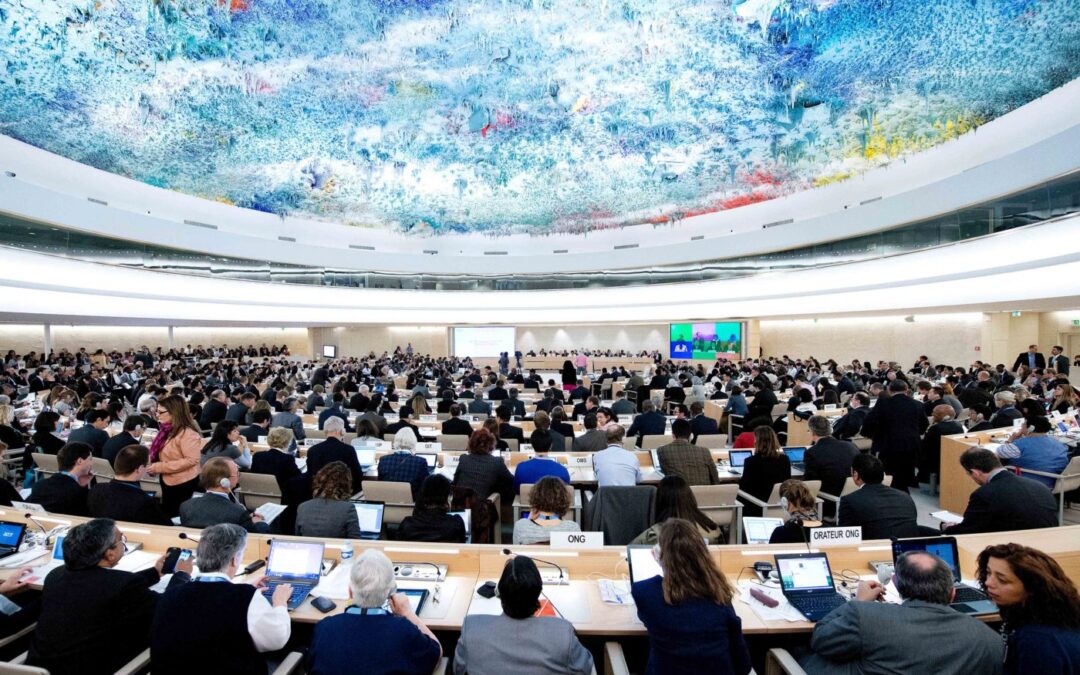
Jul 5, 2021 | Events, News
The International Commission of Jurists (ICJ), together with the American Bar Association Center for Human Rights (ABA CHR), the Lawyers for Lawyers (L4L), the International Bar Association Human Rights Institute (IBAHRI), and Polish Helsinki Foundation for Human Rights (HFHR) are co-organizing a side event during the 47th UN HR Council session, on July 6th, at 15:00 CEST/ 9 am EST.

Jul 1, 2021 | News, Web Stories
Turkey should reverse its withdrawal from the Council of Europe’s Convention on preventing and combating violence against women and domestic violence (the “Istanbul Convention”), the International Commission of Jurists (ICJ) said today.

Jun 30, 2021 | News
The Polish government should immediately reinstate two judges removed from their posts in line with the newly released judgment of the European Court of Human Rights, said the International Commission of Jurists (ICJ) today.

Jun 29, 2021 | Advocacy, Non-legal submissions
The ICJ today addressed the UN Human Rights Council in the Interactive Dialogue on the Report of the Special Rapporteur on violence against women, its causes and consequences.

Jun 29, 2021 | Advocacy, Non-legal submissions
The ICJ joined civil society organisations in a statement to the UN Human Rights Council during the interactive dialogue with the UN Special Rapporteur on the independence of judges and lawyers.









